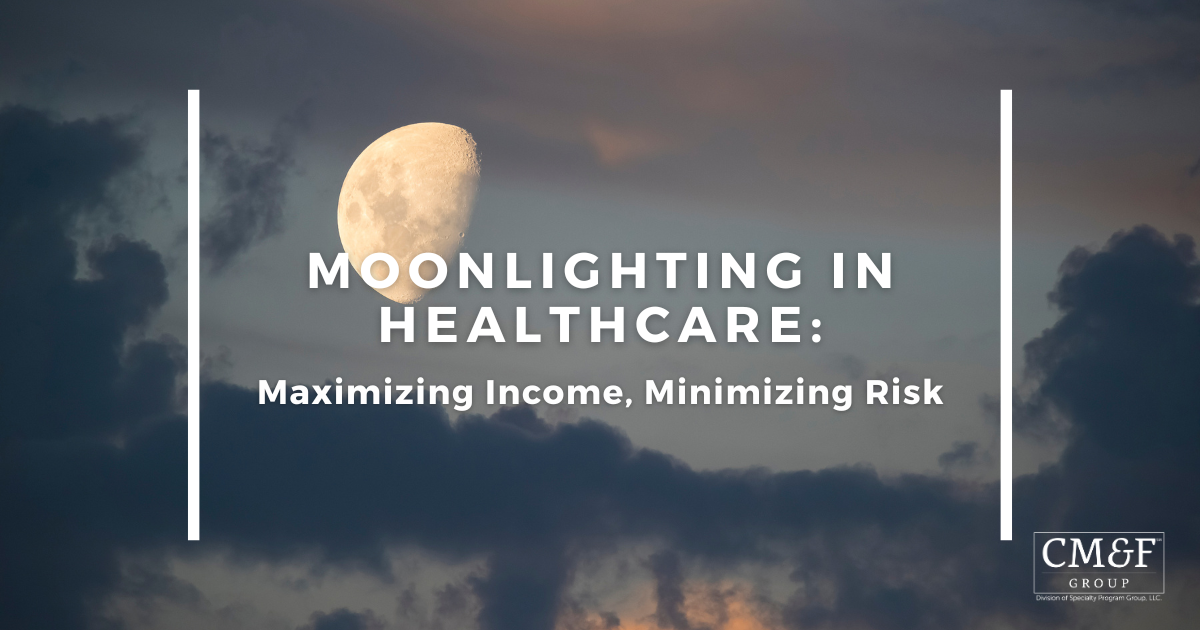The PA’s Guide to Moonlighting: Opportunities and Obstacles
SPONSORED
 Thinking about picking up extra work as a clinician? Here’s your guide to making informed decisions.
Thinking about picking up extra work as a clinician? Here’s your guide to making informed decisions.
Exploring Moonlighting Opportunities
Whether you’re aiming to supplement your income or delving into a new venture, moonlighting presents a chance to earn more and expand your expertise. However, before diving in, it’s crucial to navigate potential legal pitfalls. In 2023, two occupational therapists found themselves in a $1.4 million settlement due to allegations of moonlighting while on duty with their primary employer.
Understanding Moonlighting
Moonlighting, also known as locum tenens work, involves medical professionals stepping in to fill staffing gaps at healthcare facilities. For clinicians, moonlighting can be a career booster, provided you’re aware of the legal nuances, have the necessary insurance coverage, and operate with integrity.
Financial Considerations
Moonlighting can significantly boost your earnings, which is particularly appealing for those looking to pay off debts, save for a home, or increase disposable income. However, it’s essential to be mindful of the tax implications. Moonlighting clinicians often need to file additional tax forms and may face self-employment taxes. Consulting with a tax advisor is advisable to understand your obligations.
Impact on Employment
Taking on additional work can impact your performance in your primary job. Potential conflicts of interest may arise, especially if you’re moonlighting for a competitor or treating patients who overlap with your primary employer’s clientele. It’s crucial to review your employment contract and handbook before committing to moonlighting.
Moreover, juggling multiple roles may affect your focus and productivity at your primary job, potentially leading to errors or disciplinary action. Transparency with your primary employer is key to avoiding misunderstandings or termination.
Training and Certification
Before venturing into new areas of moonlighting, ensure you have adequate clinical training. While weekend certification courses might offer initial training, they may not cover topics comprehensively. It’s essential to assess your clinical comfort zone and seek additional training as necessary to ensure patient safety.
Insurance Coverage
Securing proper insurance coverage is paramount before embarking on moonlighting gigs. Your primary employer’s insurance may not extend to additional work, leaving you vulnerable to financial loss or licensing issues in case of mishaps. CM&F Group offers comprehensive, portable, and flexible insurance coverage for moonlighting clinicians, ensuring protection around the clock. Click here to learn more about coverage options tailored to your career.
